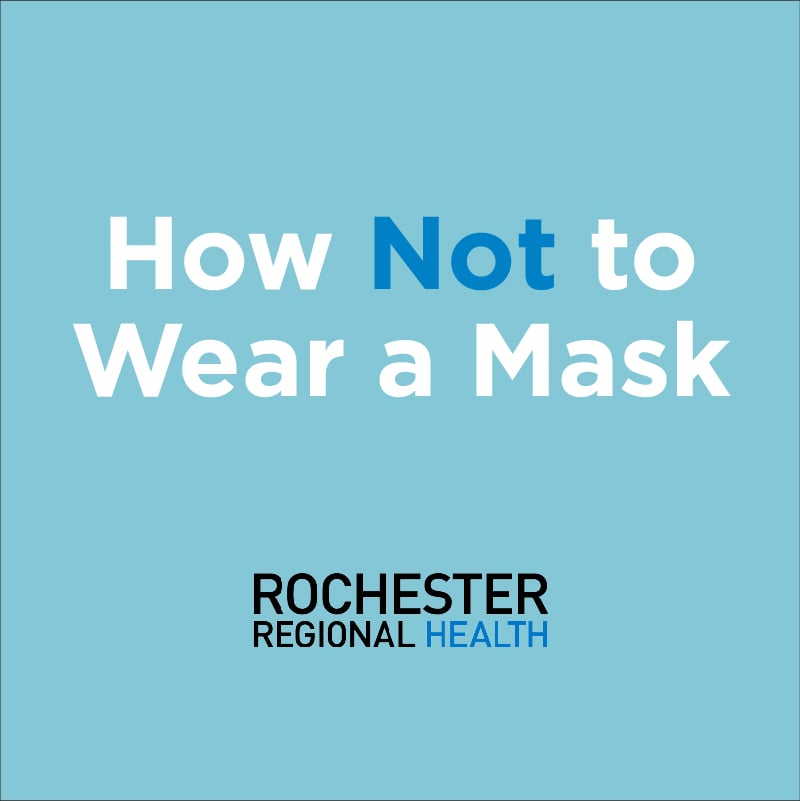The number of people in the U.S. who say they have a primary care provider has dropped slightly in recent years – down to 75 percent of people surveyed in a 2019 JAMA study. That number is lower when it comes to LGBTQ+ patients.
Approximately 29 percent of LGBTQ individuals receive health care through locations other than a doctor’s office, according to a recent Kaiser Family Foundation survey.
C.J. Mimken, MD, is a primary care provider with Rochester Regional Health who explains the importance of inclusive health care and what questions prospective patients can ask to ensure they are coming into an LGBTQ+-friendly health care setting.
Being inclusive
When any patient has their first encounter with a primary care provider, they want to experience an environment where they feel like they’re not being judged in any way. This relationship dynamic is even more crucial for LGBTQ patients. Having a provider who is open and understanding to specific concerns related to their gender or sexuality is vital.
Basic questions about what pronouns a patient uses and explaining their healthcare journey can build that sense of mutual trust that leads to good health care.
LGBTQ-friendly providers should also show a willingness to explore progressive care models and concerns relative to the individual sitting in front of them. Dr. Mimken explains that it’s not necessarily about finding someone who has encountered every type of person while practicing medicine; it’s more of an understanding and openness that makes patients feel comfortable.
“Like any other provider, you want someone who will listen and take what's important to you to heart,” Dr. Mimken said. “Part of being able to hear your patients fully is creating an environment where patients feel accepted in a judgment-free zone so they can ask all the questions that are important to them and to their health care.”
Questions to ask
Patients looking for providers who are LGBTQ friendly can find a number of different ways to ask if they might offer the type of health care needed.
Word of mouth: Relying on direct recommendations from a friend, family member, or acquaintance can mean a great deal.
“One of the great things of being in the LGBTQ community is the community,” Dr. Mimken said. “You might know other people who had good experiences with a provider previously or that felt comfortable with them and those are usually the best people to start with.”
Asking directly: Being straightforward with questions is the quickest way to find the information. The response that a provider gives to questions such as, ‘Do you see many LGBTQ patients?’ or ‘Is Dr. So-and-so well versed in sexual orientation and gender identity?’ will give not only a sense of whether that provider has the right experience, but whether a patient might be comfortable with that provider.
The right approach: If a provider is open and affirming to LGBTQ patients, that’s a great first step. As with any patient-provider relationship, it’s good to take the next step and ask them about their approach to care.
Having an affirming provider is an excellent foundation, but if their approach to caring for LBGTQ individuals doesn’t quite line up with what someone is looking for, then it won’t benefit their sense of health and well-being. Ensuring that everyone’s expectations are out in the open is the best way for everyone to get what they need.










